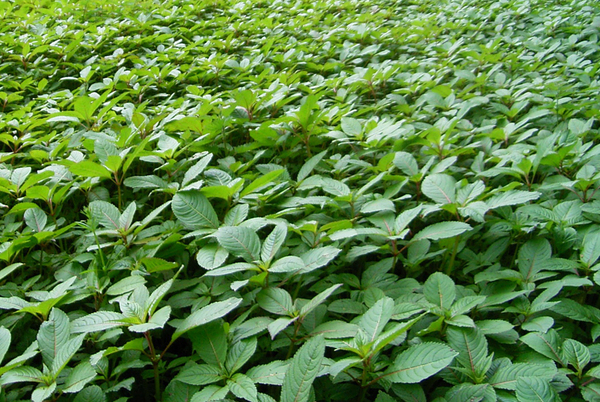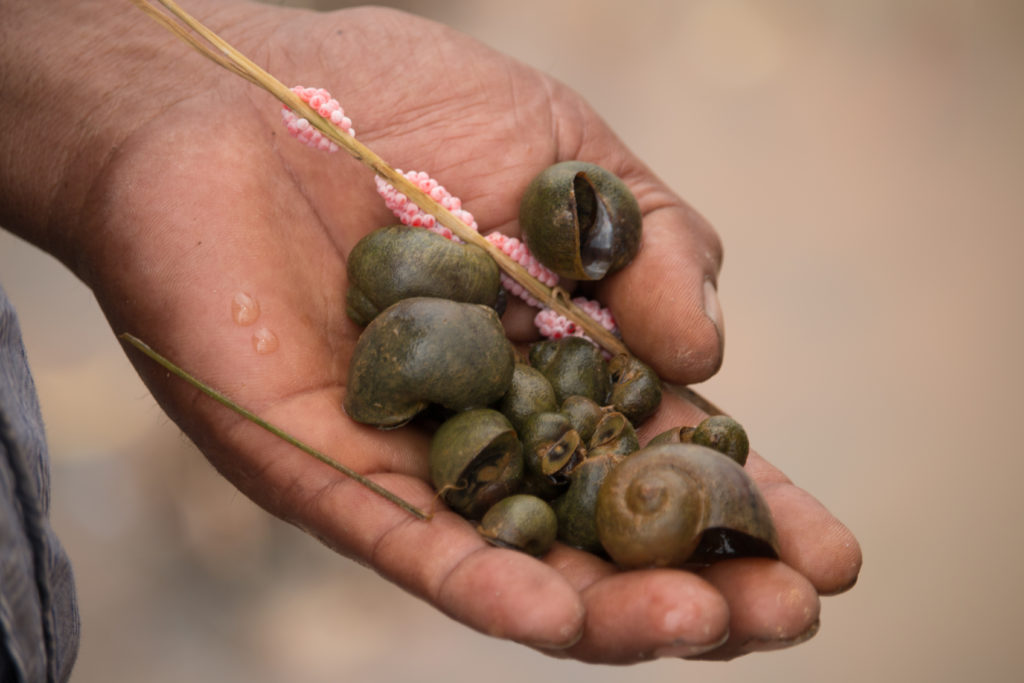Citizen Scientists attempt traditional solutions against fall armyworm
First reported in Africa in September 2016, fall armyworm (Spodoptera frugiperda) is now present in most sub-Saharan countries, where severe damage in maize fields has been observed. Kenya is one the countries that has not been spared the wrath of this invasive pest. Since it was first reported in Kenya’s western region (Trans Nzoia, Busia,…
Breathe easy with biocontrol
One in four people in Europe suffer from hay fever, affecting the quality of life of millions. The average cost of hay fever related diseases amounts to around €600 per patient per year from treatment costs and lost time working. One of the worst offending invasive plants for hay fever sufferers is the North American…
Invasive alien plants, land degradation and restoration
Reblogged from Global Landscapes Forum Invasive alien plants contribute to land degradation by forming vast unproductive monocultures. These invasions have a negative impact on biodiversity, water resources, crop and pasture production, human and animal health, and as such undermine Africa’s ability to achieve its Sustainable Development Goals. Landscapes degraded as a result of unsustainable land-use…
New Fall Armyworm Portal features as part of CABI’s upgraded Invasive Species Compendium
A new Fall Armyworm Portal, which includes the very latest reports and research regarding the devastating crop pest, now features as part of a major upgrade of CABI’s Invasive Species Compendium (ISC) launched today. The portal, created as part of the CABI-led Action on Invasives programme – funded by the UK’s Department for International Development (DFID) and the Netherland’s Directorate-General…
A crisis is a terrible thing to waste
Reblogged from AGRF Last year, the Fall armyworm destroyed swathes of agricultural production across Africa, devastating maize crops in more than 40 countries and placing at risk the food security and livelihoods of some 300 million people.
CABI calls for urgent action to tackle the global spread of invasive species
In response to the growing threat of invasive species, the Centre for Agriculture and Biosciences International (CABI) has called for urgent action to tackle the global spread of invasive species, even as the recent fall armyworm outbreak casts doubts over Africa and Asia’s preparedness to fight the scourge. CABI is a not-for-profit organisation that draws…
Workshops to combat Parthenium in Pakistan
A training session was recently organized by CABI in Pakistan on the identification and management of Parthenium Hysterophorous to a variety of stakeholders. These activities were part of the Parthenium awareness campaign which CABI has launched under Action on Invasives, in the Sheikhupura district (Pilot district), Punjab focusing particularly on rural communities.






